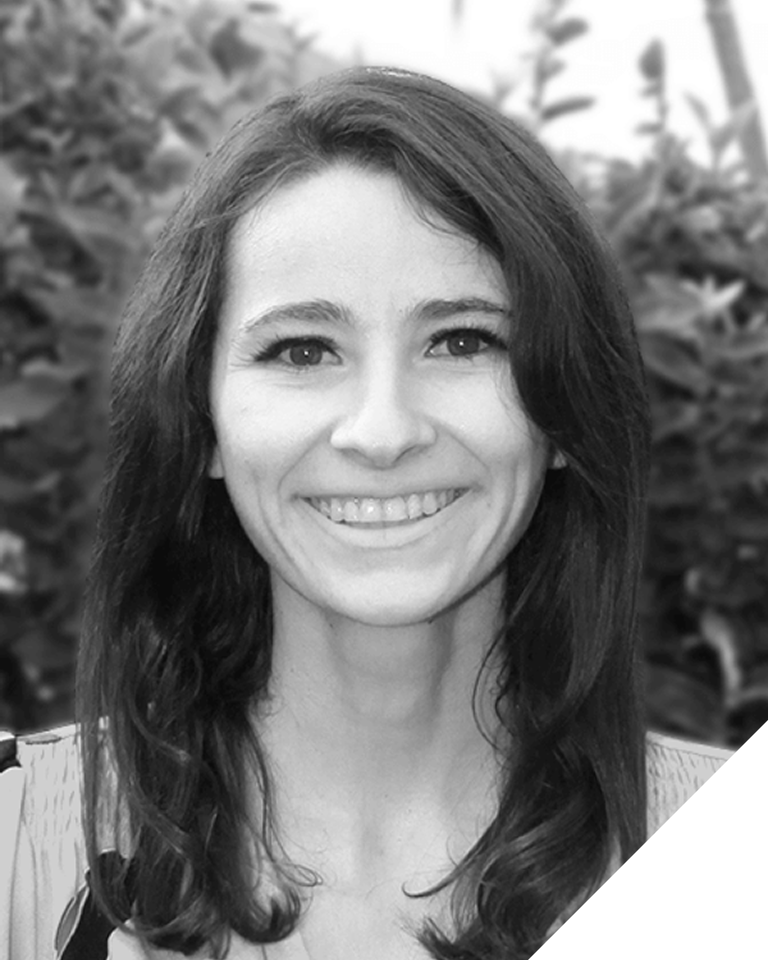Carbon Crunch: Digital Solutions To Decarbonize The Built Environment
Complete our registration form to access this webinar.
The building and construction sector needs to achieve net zero carbon status by 2050 to adhere to the Paris Agreement’s limit of keeping global warming under 2°C.
Yet emissions from this sector have now hit a record high and are derailing the industry from its decarbonization goals.
Consequently, firms within this industry are under pressure to employ various solutions to meet the demands of the climate crisis. This webinar provides an overview of the digital solutions that real estate and built environment professionals can utilize in order to measure, manage, report, and crucially, reduce carbon emissions.
Key discussion topics:
1. What are the drivers and barriers faced when assessing carbon emissions in the built environment?
2. Which digital solutions aid with decarbonization in buildings and how are various stakeholders utilizing them?
3. How is the decarbonization solutions market expected to evolve over the coming years?
About the authors

Amelia Feehan
Manager, Advisory Services
Amelia is a Manager within the Advisory Services team at Verdantix. She has several years of experience leading large-scale technology and strategy projects for both vendors a...
View Profile
Joy Trinquet
Senior Analyst
Joy is a Senior Analyst at Verdantix, specializing in real estate, facilities and workplace technology, with a particular focus on integrated workplace management systems/conn...
View Profile




